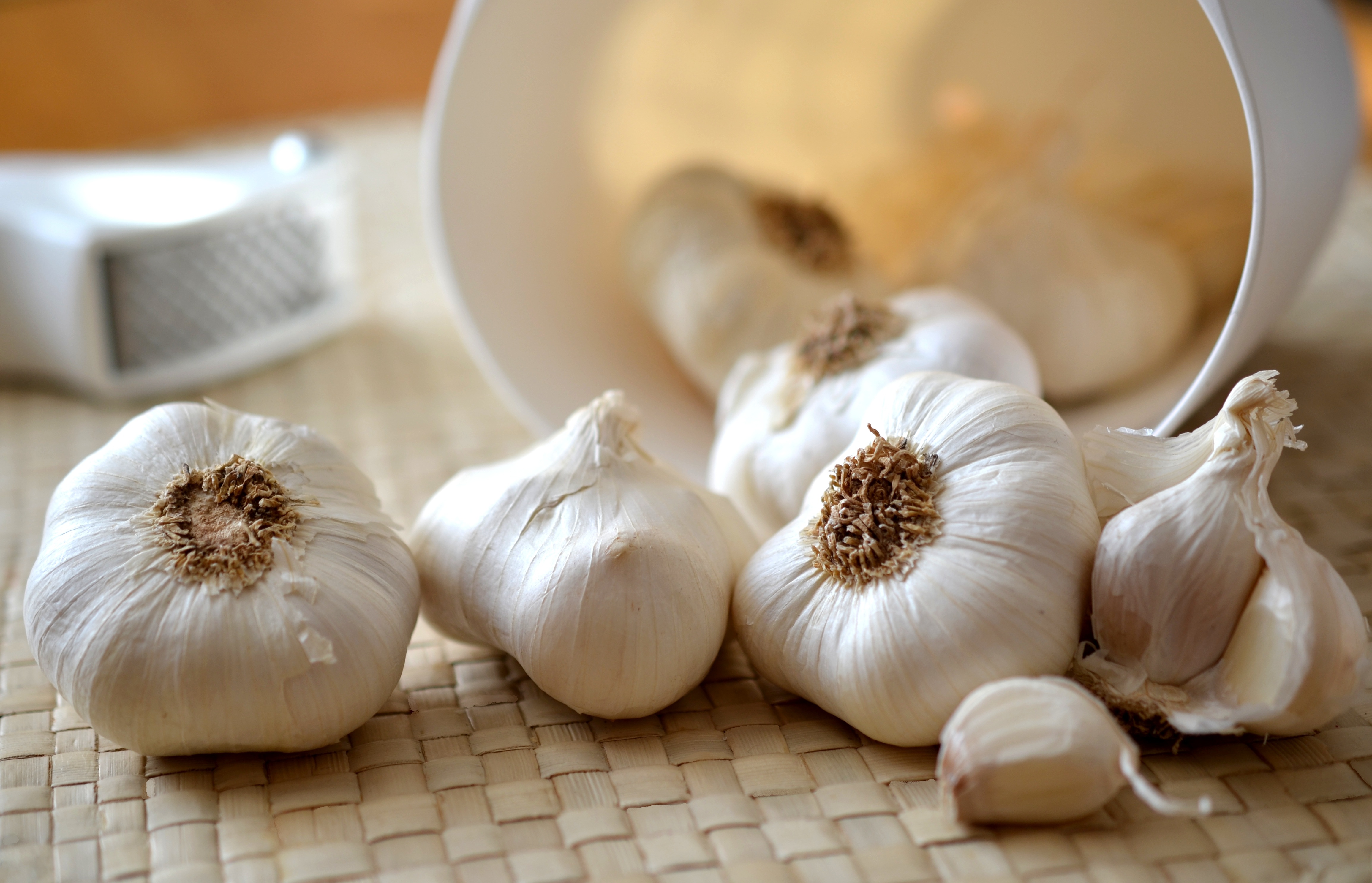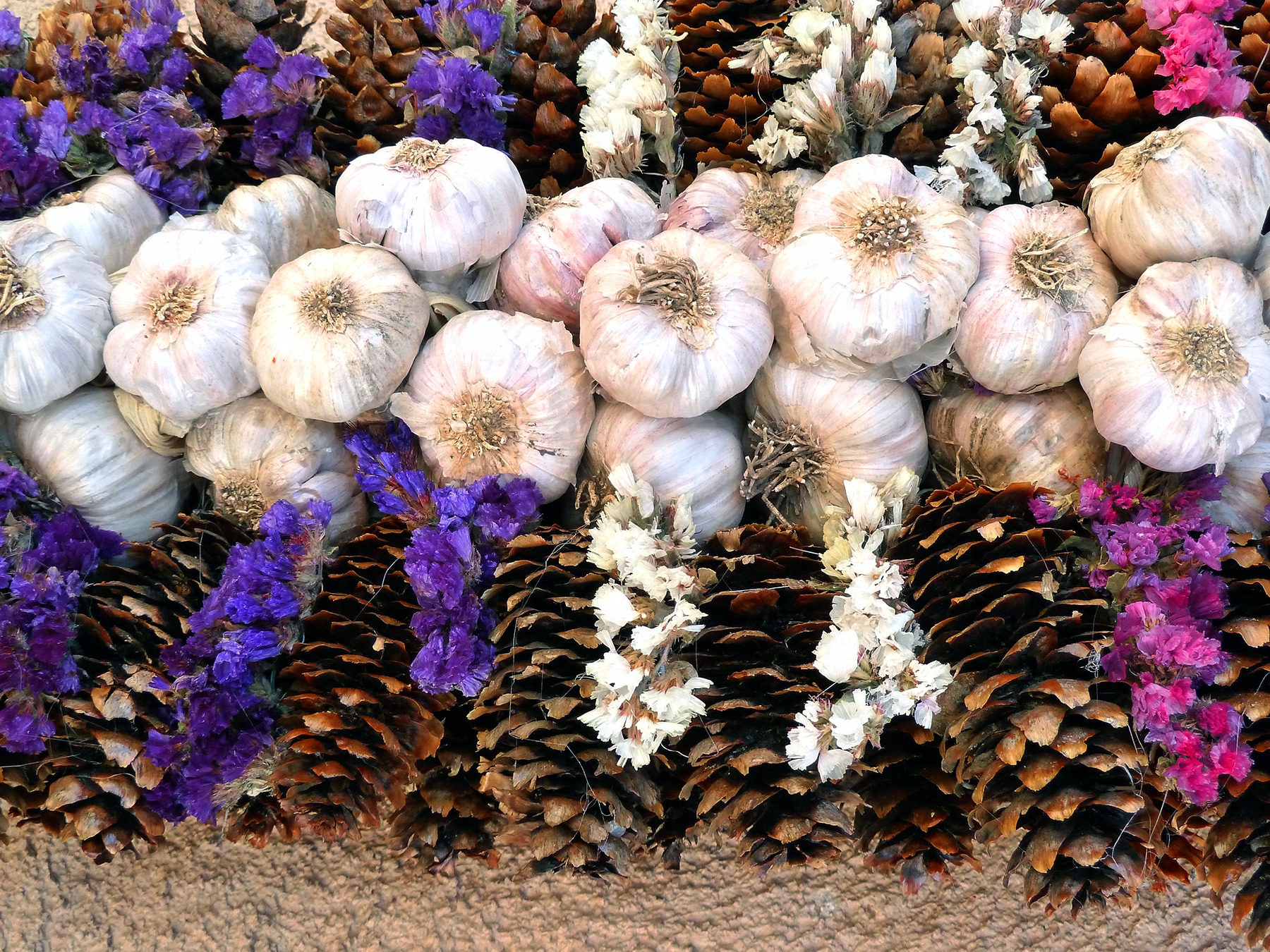Join our community
of garden lovers.
Sign up with your e-mail address to receive our latest offers,
competitions & local gardening tips
competitions & local gardening tips

‘TIS THE SEASON TO BE MERRY…. no, not about Xmas, but about planting garlic!
Garlic is very season specific and that means that they need to be planted between February and May which is Autumn, depending on the area where you live, because for garlic to split into cloves, a process which is called vernalisation, it needs at least one month of cold weather. We have heard, that placing your organic seed garlic in the fridge for a month, would do the job, if you are planting in an area that does not get temperatures below 10C degrees. We don’t know if this works, as being in Johannesburg, we have no need to do this.
Garlic, a simple little clove, will transform an ordinary meal or dish into something outstanding. Besides the culinary advantage given by garlic, it is also extremely helpful for your wellbeing and will definitely improve your health. It assists with wound healing/protection. It will regulate blood pressure and helps with headaches and dizziness. It is antimicrobial and antibacterial and will work beautifully on a pimple, by simply rubbing the garlic onto the pimple, letting it dry and the next day it will gone. Excellent for anti-cancer along with all your other organic vegetables, especially your kales and other brassicas.
Don’t plant garlic that you buy in the grocery store, as you don’t know where they are from and probably don’t have the same climatic biome, and worse, may even infect your soil with pathogens. Be advised that Elephant garlic grows with a hard central neck, so don’t be surprised. If they are happy and well watered they can really produce a very large bulb. Garlic can be planted and grown in the ground or in containers and pots. Give the soil a good helping of home made compost before planting so the worms can do their job to make the perfect organic matter. Be gentle with the cloves and do not damage the tender bottom where the root will come out. The point of the clove must be upwards. Be patient they take a long time to grow, but it is well worth the wait. When the leaves die down then you harvest. Again, be gentle and lift them out of the ground with a fork and allow them to dry off.
Watch out for rust, which will appear as small orange blisters on the leaves. This is a common problem with aliums, and do remember your crop rotation rules, as this will prevent rust to a large extent.
Your favourite GardenShop will have organic garlic for planting, in stock soon, just ask for it.
